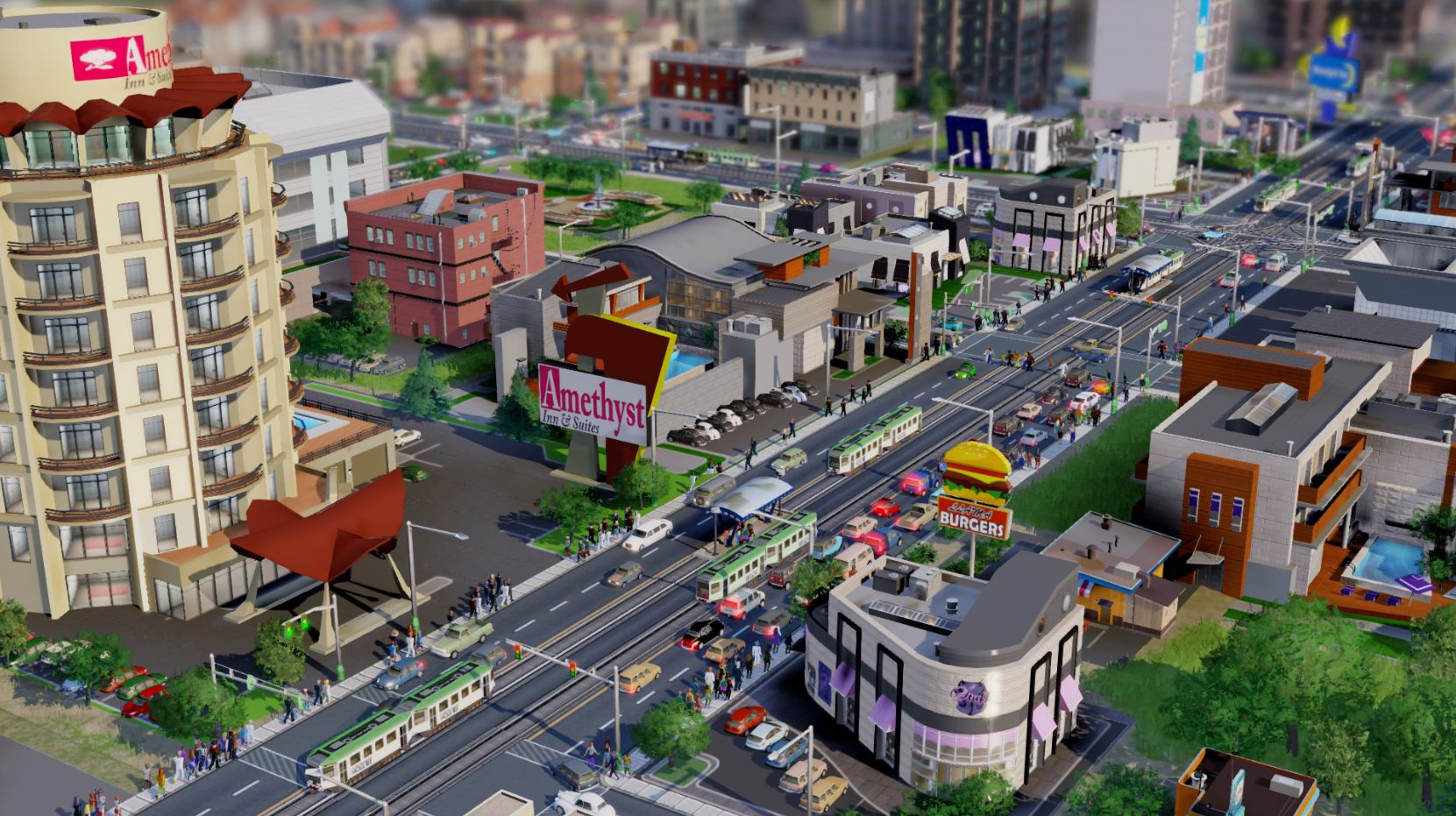Products You May Like
I have a soft spot for SimCity (2013). It was beautiful and it was fun, even if it was heavily compromised in its construction.
Cheery RPS fanzine PC Gamer recently spoke to some of its design team about those compromises, their causes, and the enormous series-killing backlash that followed.
If you don’t remember, SimCity had a terrible launch. It required an ‘always online’ internet connection even if you were playing alone, and players would be booted from the game if their internet or SimCity’s servers went down. SimCity’s servers went down a lot, particularly as millions tried to log on in the first days and weeks after release. Lead designer Stone Librande describes the launch as “heartbreaking”.
At the time, EA’s Lucy Bradshaw said that online connectivity was “a creative game design decision”, although it seemed more likely to be about prohibiting piracy and driving users to EA’s then-new digital storefront, Origin.
“SimCity was one of the most pirated [series] of all time and so there was a directive to find: ‘How can we make this un-piratable,'” Librande tells PC Gamer. “One of the ways to do that is to keep a lot of the data on the server so that there’s nothing to really hack, and if you do hack your own copy of it, then you still have to be validated by the servers.”
“Origin is the storefront in consumers’ machines, so the motivation was to make SimCity online and use it to push Origin,” says Ocean Quigley, SimCity’s creative director. “Maybe it would have worked, if the infrastructure was in place.”
Librande does also say that “at that time every game had multiplayer components”, and that he had a “personal goal” to be able to play SimCity with his two sons. No one PC Gamer spoke to says that the ‘always online’ requirement existed in order to offload part of the simulation to EA’s servers for performance reasons though, which was the other justification EA gave at the time.
These compromises and launch issues aside, there’s some discussion in the article about the reasons SimCity remains exciting to me – mainly its simulation and the design philosophy from which it spawned. “I had a sign above my desk that said ‘Cities are people, not buildings,'” says Librande. “That was an urban planning quote. You don’t want to think of a city as a collection of buildings and streets. You want to think of it as humans moving through these systems, from place to place.”
Not long after SimCity’s release, both Librande and Quigley left Maxis, and EA closed the studio shortly after that. Quigley and another SimCity developer founded a studio called Jellygrade, who never released anything. Today, Quigley is creative director at Meta working on VR, and Librande is a designer at Riot Games.
